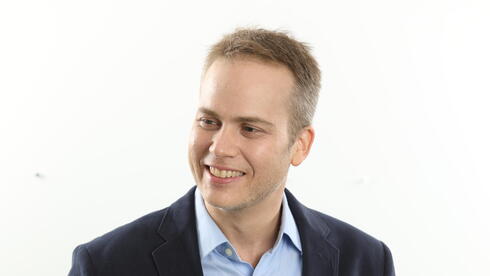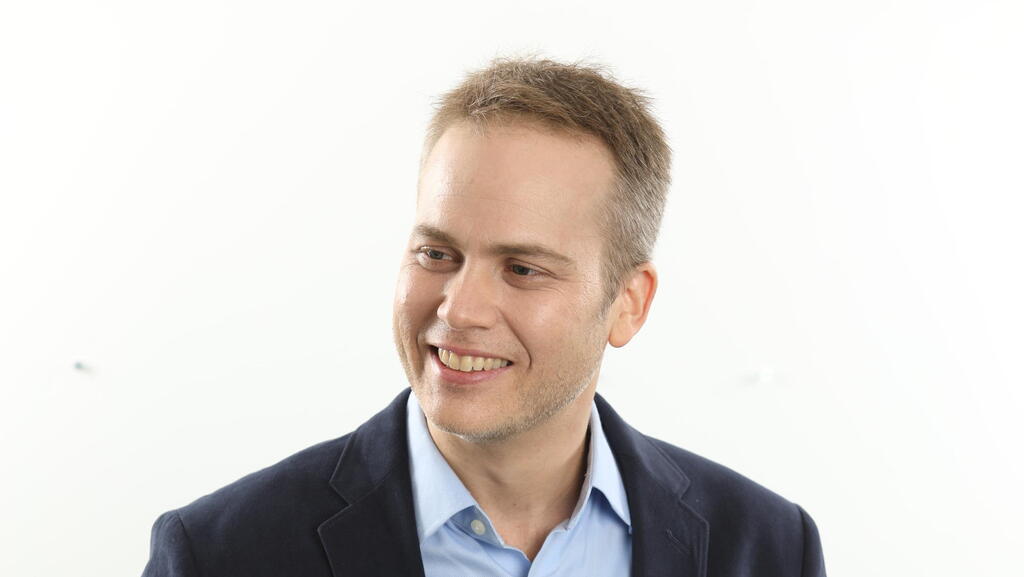
Opinion
Double Nobel Prize win signals AI’s scientific Impact, ushers in new era of discovery
The scientific world witnessed a historic moment as the 2024 Nobel Prizes in Physics and Chemistry were announced. Both prizes were awarded for achievements related to artificial intelligence, heralding the dawn of an AI-driven era in scientific discovery. This not only honors the brilliant minds behind these innovations but also underscores AI’s growing influence in advancing scientific research.
Last week, the scientific world witnessed a historic moment as the 2024 Nobel Prizes in Physics and Chemistry were announced. In an unprecedented turn of events, both prizes were awarded for achievements related to artificial intelligence (AI)—officially heralding the dawn of an AI-driven era in scientific discovery. This landmark event not only honors the brilliant minds behind these innovations but also underscores AI’s growing influence as a driving force in advancing scientific research.
Nobel Prize in Physics: Neural Networks Revolutionize AI
The Nobel Prize in Physics was awarded to Geoffrey Hinton, known as the "Godfather of Artificial Intelligence," and John Hopfield. In the 1980s, these visionaries laid the groundwork for artificial neural networks—mathematical systems inspired by the human brain. Hopfield created a network capable of storing and reconstructing complex patterns, which Hinton then advanced. Hinton’s use of the Boltzmann machine enabled feature detection and automatic learning, forming the bedrock of modern AI technologies, including applications like ChatGPT.
Nobel Prize in Chemistry: AI Cracks the Protein Folding Code
The Nobel Prize in Chemistry went to Demis Hassabis, John Jumper, and David Baker for their revolutionary use of AI in protein research. In 2020, Hassabis and Jumper developed AlphaFold2, an AI model that solved a 50-year-old open problem: predicting protein structures. This system can now forecast the structure of roughly 200 million proteins and is used by researchers in 190 countries for drug development, antibiotic resistance studies, and creating enzymes to break down plastic. Baker took it a step further by using AI to design entirely new proteins, opening doors to applications in drug development, vaccines, nanomaterials, and microscopic sensors.
AI: The New Powerhouse of Scientific Progress
This year's dual Nobel Prizes in Physics and Chemistry mark a pivotal shift, elevating AI from a supporting tool to a central engine driving scientific advancement. These breakthroughs in physics, chemistry, and biology would have been impossible without the development of neural networks and advanced machine learning tools.
The collective work of Hinton, Hopfield, Hassabis, Jumper, and Baker signals a paradigm shift in scientific research—from slow, painstaking experiments to AI-enabled acceleration, uncovering new insights at unprecedented speeds. As technology continues to evolve, the AI revolution will undoubtedly reshape the scientific landscape in the years to come. It may not be long before we see a Nobel Prize awarded to an AI system itself rather than the scientists behind it.
Startups Seize AI Opportunities: Reshaping Industries
This paradigm shift extends far beyond academia. Major corporations are now placing AI at the heart of their scientific endeavors. Recently, pharmaceutical giant Eli Lilly appointed Thomas Fuchs as its first AI chief, signaling a new direction for the entire industry.
Startups, too, are harnessing AI’s potential. A prime example is Xaira, Nobel laureate David Baker’s new venture, which recently secured a billion-dollar investment to commercialize his discoveries. While this level of funding blurs the line between startup and corporation, it highlights AI's immense potential for scientific innovation and entrepreneurship.
In Israel, AI is already revolutionizing biology and healthcare. Immunai, a leading Israeli startup, is developing an AI model for the immune system to accelerate the creation of new immunomodulatory therapies.* The company recently inked an $18 million deal with AstraZeneca. “Artificial Intelligence is transforming cancer drug discovery and clinical development,” said Iker Huerga, Chief Data Scientist, Oncology R&D, AstraZeneca.
Another example is Somite.ai, the author’s company, which developed the AlphaStem platform—named after AlphaFold, the system that earned Hassabis and Jumper their Nobel Prize. Somite.ai’s platform trains foundation models to predict intercellular communication and cell differentiation, facilitating the discovery and optimization of novel therapies. It also generates vast amounts of biological data, leading to further scientific breakthroughs with the ultimate goal of developing treatments that could potentially cure tens of millions of people.
Indeed, the future of medicine lies at the intersection of artificial intelligence and biology.
As this AI-driven revolution gains momentum, the future holds boundless potential for companies and startups to transform industries and improve human lives.
Dr. Micha Breakstone is a serial entrepreneur who previously sold Chorus.ai to ZoomInfo for $575 million. He is currently the CEO of Somite.ai, a tech-bio company developing foundational AI models in stem cell biology.














